Keywords: Closing The Gap
-

AUSTRALIA
- Binoy Kampmark
- 31 October 2024
3 Comments
Two narratives dominate Australia’s view of children. The first casts them as dangerous, irredeemable offenders. The second, as vulnerable innocents threatened by risks online. Both anxieties reveal deep-seated tensions over safety, innocence, and societal responsibility.
READ MORE
-
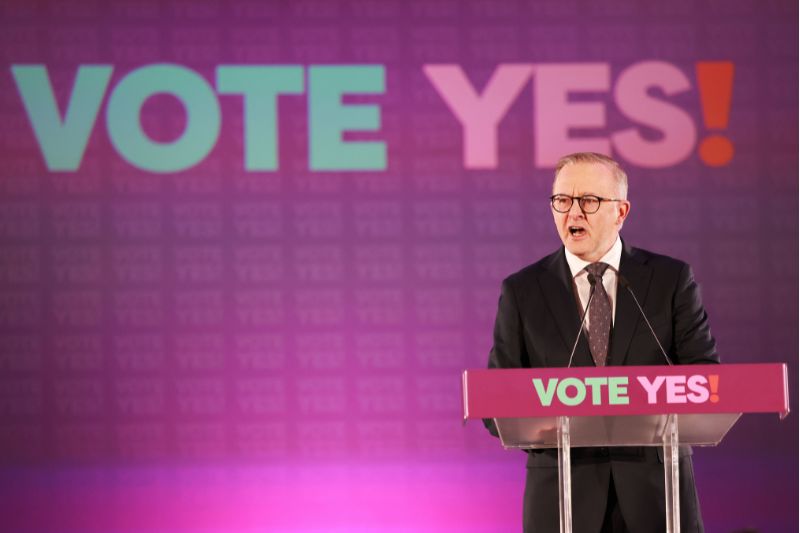
AUSTRALIA
- Michelle Grattan
- 04 October 2024
5 Comments
Almost a year after the Voice proposal was defeated, blame and recrimination are still being thrown around, and the government is still reeling from Albanese’s overreach.
READ MORE
-
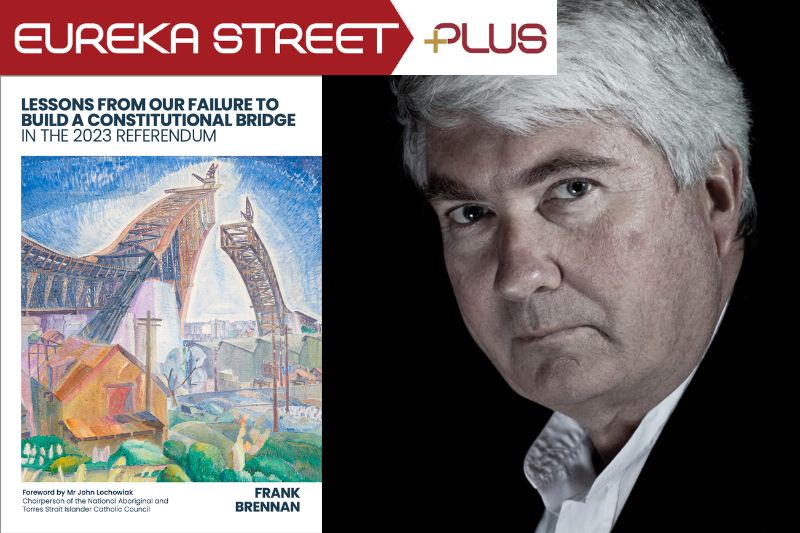
AUSTRALIA
- David Halliday
- 28 June 2024
13 Comments
It's been eight months since the Voice referendum, and people are starting to grapple with what its defeat means for Australia. There are few voices in Australia as qualified to conduct a postmortem of the outcome of the Voice referendum campaign as Frank Brennan. We examine what lessons can be learned and crucually, whether there’s reason for hope for Indigenous constitutional recognition.
READ MORE
-
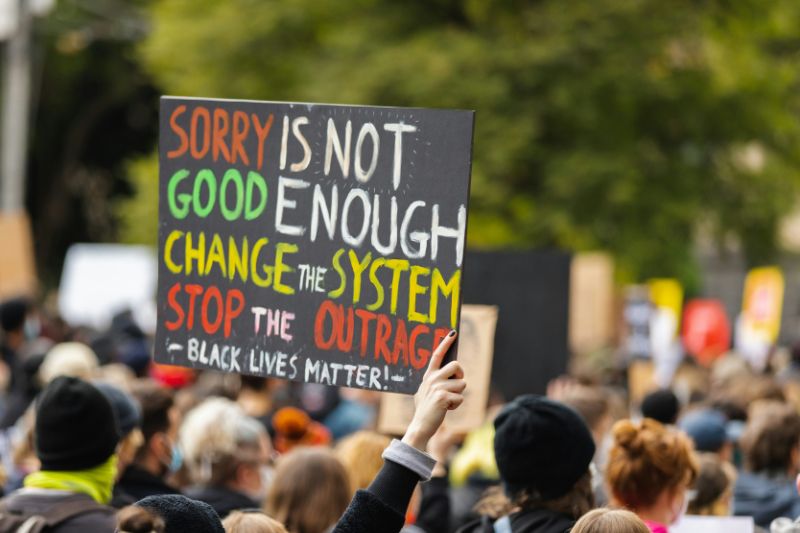
AUSTRALIA
- Andrew Hamilton
- 30 May 2024
4 Comments
This Reconciliation Week and Sorry Day, we consider the defeat of the Referendum and the substantial failure to close the gap between the living conditions of Indigenous Australians and other Australians. It means that for many Aboriginal and Torres Strait Islanders, this week will be less about days of celebration than of grief and of grim resolve to continue to seek justice.
READ MORE
-
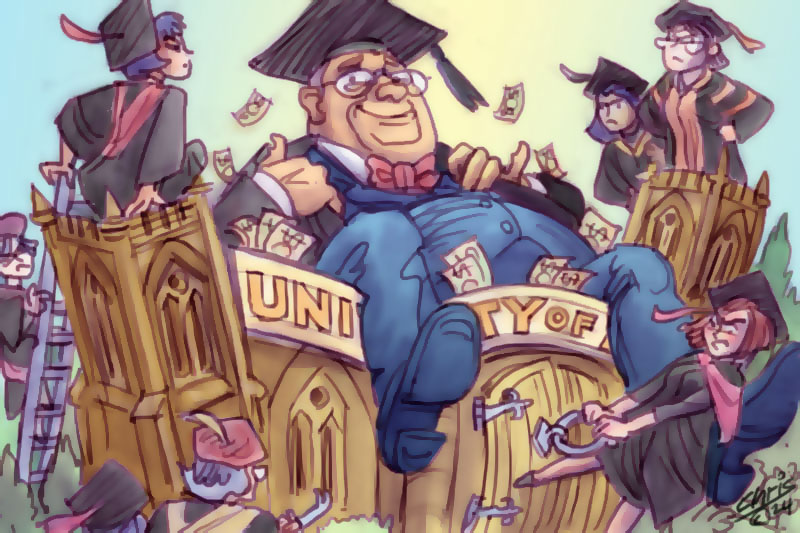
EDUCATION
- Erica Cervini
- 02 May 2024
In 1883, Bella Guerin became the first woman to earn a degree in Australia, a milestone for women in higher education. Today, women make up a majority of university students and staff, yet disparities in pay and representation persist.
READ MORE
-
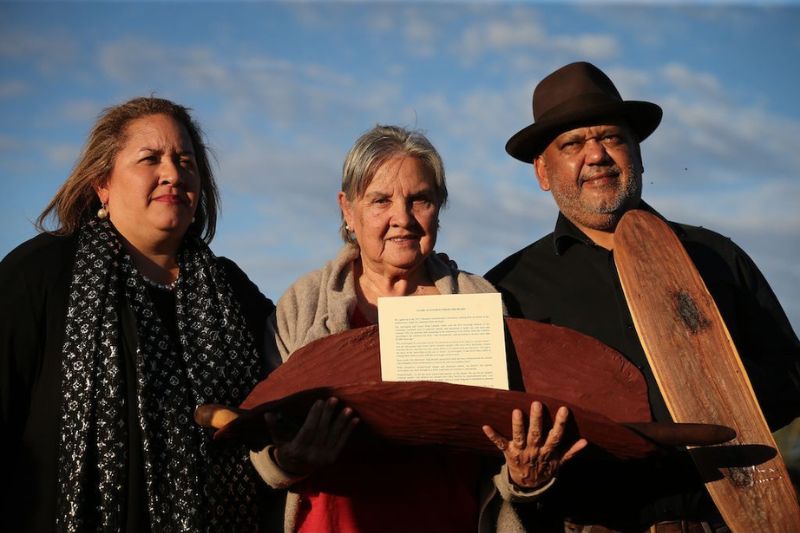
AUSTRALIA
- Frank Brennan
- 07 February 2024
12 Comments
The referendum result was a disaster for the country and a tragedy for First Australians and there has been little appetite for public discussion about lessons to be learnt from this abject failure. If we are to move forward, it’s time to begin the conversation about past mistakes.
READ MORE
-
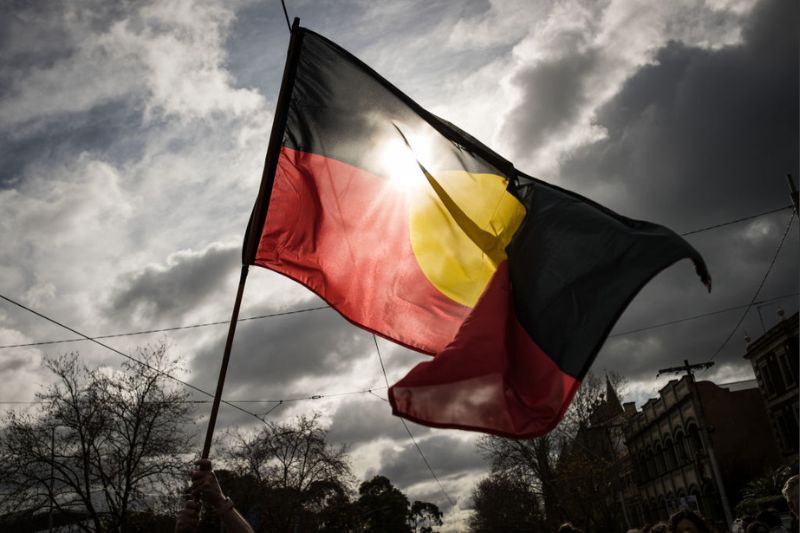
AUSTRALIA
- Barry Gittins
- 28 September 2023
3 Comments
The voices of Australia's First Nations communities are asking to be heard. With the upcoming referendum, the nation faces a decision both about equity and identity. How might genuine hope and understanding impact Australia's path forward and address longstanding disparities?
READ MORE
-
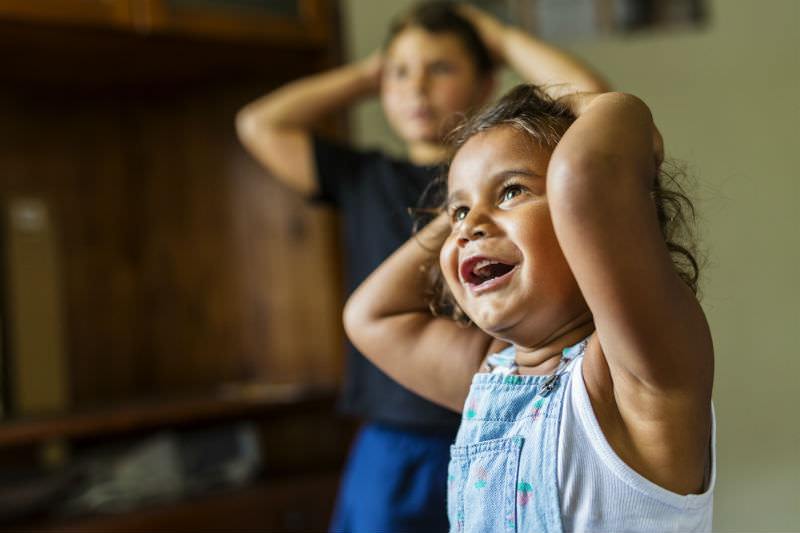
EDUCATION
- Anthony Dillon
- 10 August 2023
1 Comment
We need to change the language from improving 'attendance' to improving 'engagement' — to reflect that schools need to be places of learning for Indigenous children, not just minding centres, and that learning comes with engagement. (From 2019)
READ MORE
-
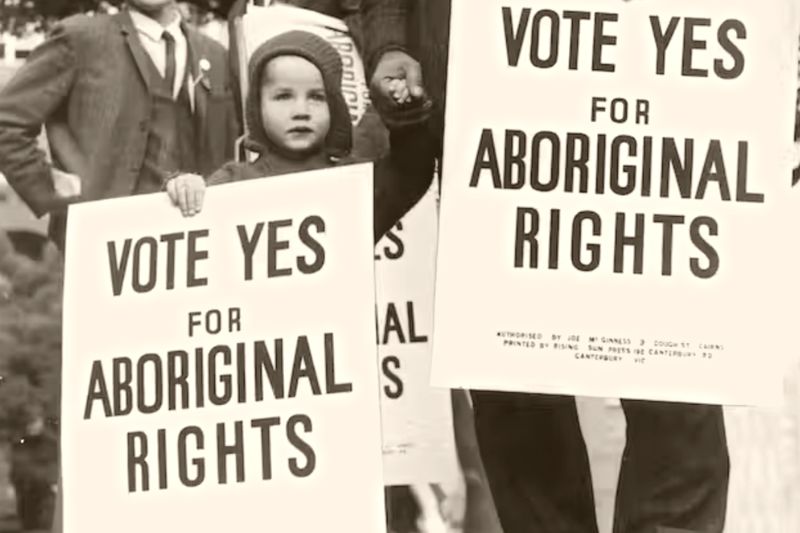
AUSTRALIA
- Frank Brennan
- 05 June 2023
19 Comments
The wording of the proposed change to the Australian Constitution to enshrine a First Nations Voice might not be perfect. But whatever the imperfections and the risk of future complications, it is high time that Australia’s First Peoples were recognised in the Constitution in a manner sought and approved by a broad cross-section of Indigenous leaders.
READ MORE
-
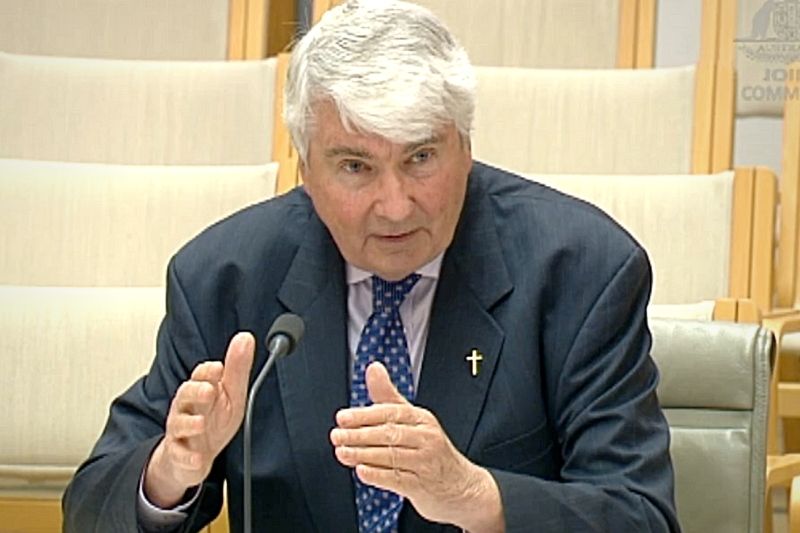
AUSTRALIA
- John Warhurst
- 04 May 2023
20 Comments
Frank Brennan's book An Indigenous Voice to Parliament: Considering a constitutional bridge is an urgent contribution to this important national debate around the shaping of the Voice and the referendum question. It is a book concerned with what’s likely to be successful rather than a manual on how to vote.
READ MORE
-
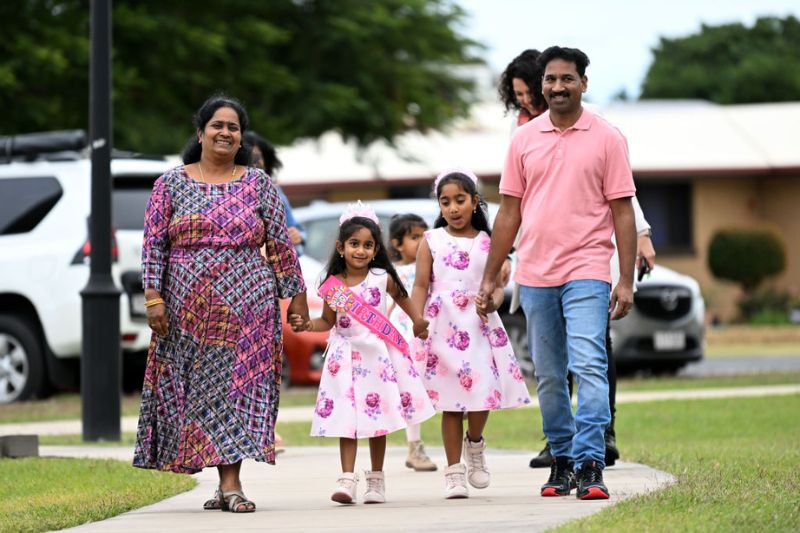
AUSTRALIA
- David Halliday, Michael McVeigh, Laura Kings, Michele Frankeni, Andrew Hamilton, Julian Butler
- 21 December 2022
2 Comments
To close the year for Eureka Street, the editorial team wanted to nominate who we considered to be the Eureka Street ‘person of the year’ based on who we think somehow embody Eureka Street values.
READ MORE 
-
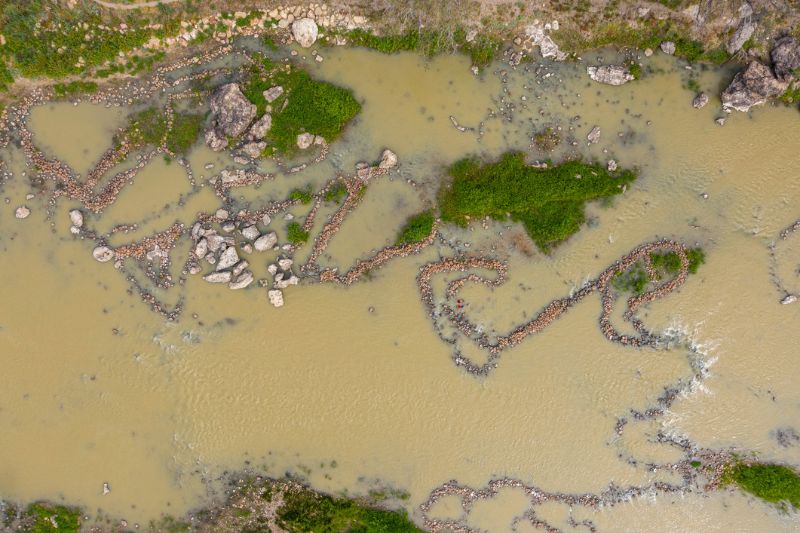
AUSTRALIA
- Paul Cleary
- 21 November 2022
2 Comments
An intense and often ugly battle over marine resources has been unfolding between State authorities and Aboriginal people along the NSW coast. At the heart of the conflict is the NSW government’s refusal to acknowledge the right to cultural fishing by Aboriginal people, unlike other states and the federal Native Title Act (1993).
READ MORE 